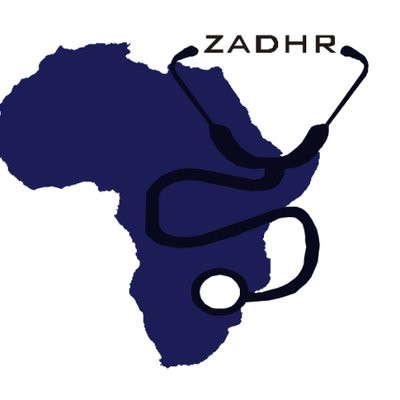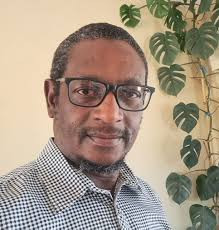
HEALTHCARE professionals have raised a number of issues which they say were not captured in the proposed Medical Services Amendment Bill.
The medical professionals say they want the State to clearly outline its obligations with regards to reimbursement for services rendered by private health care providers as the clause on fee payment, which is the proposed section 12A (2), “is vague and may need further clarification on how it will be implemented”.
This is contained in a statement by some the human rights doctors following a petition they presented to the Parliamentary Portfolio Committee on Health and Child Care.
The Zimbabwe Association of Doctors for Human Rights (ZADHR) said it came up with the petition after conducting physical meetings across the country and on X spaces.
“The reimbursement model, where government reimburses for services rendered, is not working effectively, local authorities are owed huge sums of money by government. Private institutions are businesses and cannot afford to have funds locked up for inordinate periods,” the rights doctors said.
They added: “Private healthcare providers appreciate a clear payment arrangement or even fiscal incentives like rebates or tax credits. This will ensure that these institutions are properly resourced and their staff is motivated enough to deal with any medical emergency. There is need for further detail to bring clarity.”
ZADHR also said the 48-hour minimum admission clause is a cause for deep concern, this is in reference to the proposed section 12A(1) of the Bill.
“Prescribing minimum hours for patient stabilisation is problematic and this could have been a transcription error by the authors, hence it needs to be corrected and addressed. In most cases, stabilisation won’t take long and this may become expensive for the patient if they are asked to foot their own bill, or even the State,” they said.
- News in depth: Zim’s deadly mix of anthrax, cholera and drought alarms World Health Organisation
- Furore over ‘vague’ Medical Services Amendment Bill
- Come clean on sugar tax revenue, rights doctors tell govt
- Human rights doctors decry poor working conditions at Sally Mugabe Hospital
Keep Reading
They also raised concern over the pegging of fees by the Health minister, as in clause 8 of the Bill, saying this was tantamount to micro-management.
“Operational issues should be left to technocrats. Instead, the Bill should create an advisory panel to work on the general principles rather than drawing the minister to set fees. Involving the minister in such operational issues will affect the turnaround time given the hyper-inflationary environment,” the rights doctors said.
In its Bill Watch edition yesterday, legal watchdog Veritas also raised concern saying “the new powers the Bill will give to the secretary for Health will have to be administered with a light touch if they are not to stifle the provision of healthcare by the private sector”.
“For example, private health institutions could be overwhelmed if too many patients are transferred to them from government hospitals and as we have said, it is not clear that the State will reimburse the private institutions for the cost of treating those patients,” Veritas said.
“There is some lack of clarity in the new Bill for example the definition of ‘basic healthcare’ is meaningless but generally, the Bill succeeds in its stated aim of bringing the Act in line with the Constitution.
“That said, bringing the Act in line with the Constitution is not the same as providing healthcare of a standard envisaged by the Constitution. Raising the standard of healthcare in Zimbabwe will not be achieved by simply amending the Act: it will entail rehabilitating our hospitals, clinics and health institutions, and increasing the professionalism of our healthcare providers. All of which will require money which the government does not provide.”










